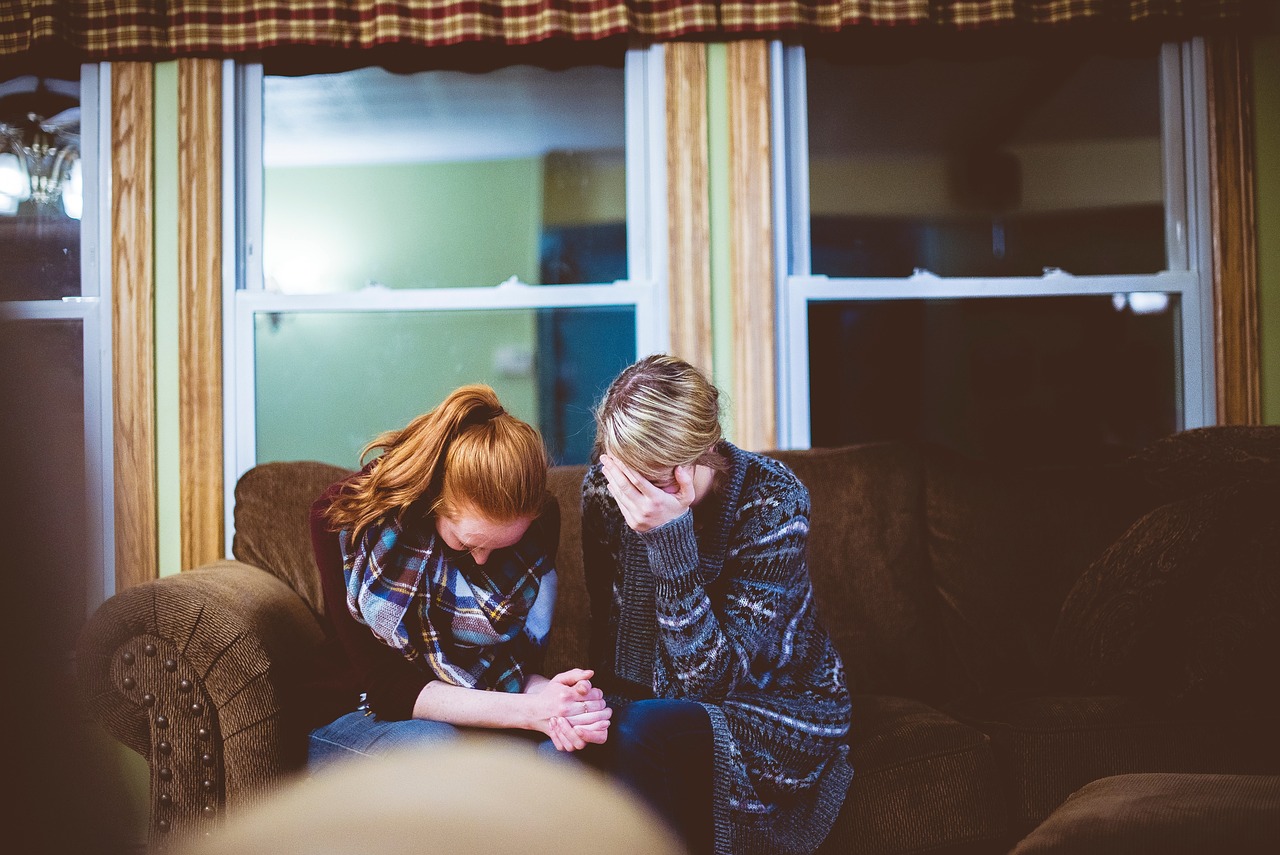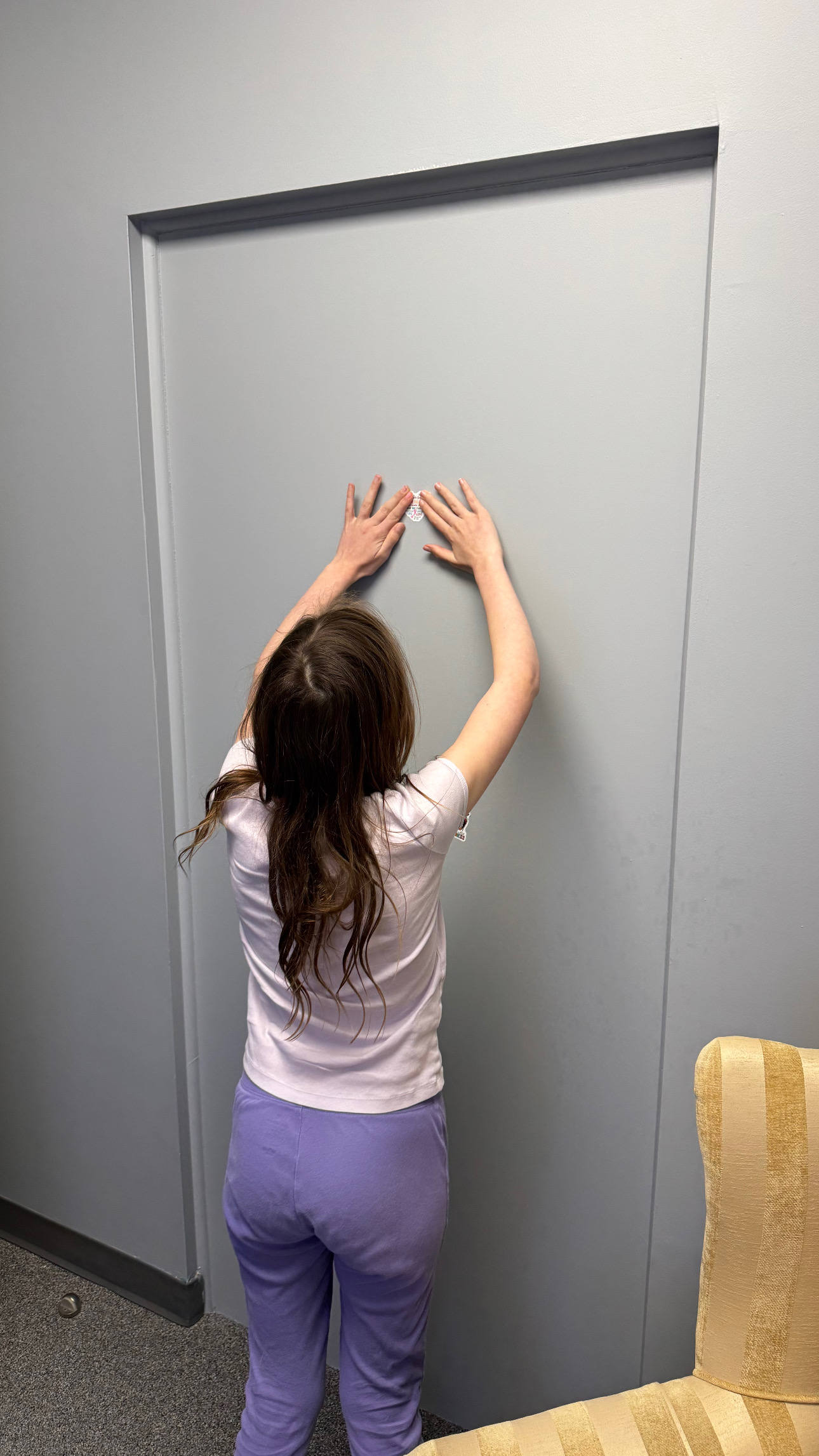Book Now
Menu
Vulnerability. Just saying the word might make you feel a little uneasy, right? It’s one of those concepts that, while important, can stir up emotions like fear, anxiety, or discomfort. In romantic relationships, where the stakes are often high, the idea of lowering our guard can seem downright daunting. But here’s the thing: what if vulnerability is exactly what you need to build the happiest, most fulfilling relationship of your life?
As someone who’s been married for 14 years, vulnerability didn’t come naturally to me. In the beginning, I hesitated to open up, worried that sharing my insecurities or fears would weaken the bond with my wife. I feared she wouldn’t “really” love me if she knew how “screwed up” I was. But over time, I learned that the opposite was true. The more we allowed ourselves to be seen—really seen—the stronger our connection became. We’ve navigated life’s ups and downs not by hiding our true selves but by embracing the courage to be vulnerable with each other.
If you find it difficult to be open in your relationship, you’re not alone. The good news is that vulnerability is a skill you can develop, one small step at a time. In this article, I’ll share why embracing vulnerability could be the key to your happiest relationship yet, and how you can start building this essential practice in your own life.
So, what does it mean to be vulnerable? In a nutshell, it’s about allowing yourself to be seen and known by your partner—flaws, fears, and all. It’s the willingness to share your true thoughts, feelings, and experiences, even when it feels uncomfortable or risky.
For many of us, the idea of being vulnerable can be terrifying. We often associate vulnerability with weakness, fearing that if we reveal our deepest insecurities or past mistakes, we’ll be judged or rejected. Or we might remember times when we’ve been vulnerable, only to have it used against us. It’s no wonder so many of us keep our guard up, even with the people we love most.
However, by holding back, we often do more harm than good. The very thing we’re trying to protect—our connection to our partner—often suffers when we don’t allow ourselves to be fully known.
So, why bother with vulnerability? Because the rewards are worth it. When both partners are willing to be open and honest, it lays the foundation for a stronger, more resilient bond.
Vulnerability fosters emotional intimacy, the heartbeat of a healthy relationship. When you allow your partner to see your inner world—your hopes, fears, dreams, and doubts—you create a deeper connection. In my own marriage, the moments when we’ve been most vulnerable with each other have brought us closest. Sometimes we’ve done it together, and sometimes it took one of us making that first effort.
Trust is the cornerstone of any successful relationship, and vulnerability is one of the most powerful ways to build it. When you open up, you’re taking a leap of faith, trusting that your partner will accept and support you. This act of trust is often reciprocated, creating a positive cycle where both partners feel safer to share more of themselves.
Good communication is essential, but it can be hard to achieve if either partner is holding back. Vulnerability paves the way for more honest and meaningful conversations. When you share your true thoughts and feelings, you invite your partner to do the same, leading to more productive and empathetic dialogues.
Life is full of challenges, and no relationship is immune to them. When both partners are willing to be vulnerable, they can face these challenges together, creating a sense of solidarity and shared strength. In my marriage, we’ve faced difficult periods where external stressors could have easily pulled us apart. By being open about our fears and supporting each other through those moments, we’ve come out stronger on the other side.
If vulnerability is so beneficial, why do so many of us struggle with it? The answer often lies in past experiences and societal conditioning.
If you’ve experienced betrayal, abandonment, or emotional pain in previous relationships, you might have built up walls to protect yourself from further hurt. These defenses, while understandable, can make it incredibly hard to let someone in, even when you deeply care about them.
We live in a world that often equates vulnerability with weakness, especially for men. Many of us are taught to be strong, independent, and self-reliant, leading to the belief that showing emotion or admitting need is a sign of failure. This mindset can be particularly damaging in relationships, where mutual openness and emotional sharing are key to building trust and connection.
Another major barrier to vulnerability is the fear of judgment and rejection. It’s natural to want to be accepted and loved for who we are, but the thought of revealing our deepest fears, insecurities, or flaws can be terrifying. What if your partner doesn’t understand? What if they think less of you? These fears can keep you from opening up, even when you crave deeper intimacy.
Embracing vulnerability can feel daunting, especially if you’ve spent years protecting yourself from potential hurt. But remember, vulnerability is a skill that can be developed over time. Here’s how you can start:
Begin by sharing little things first. Express a minor worry or admit a small insecurity. These small disclosures help build a foundation of trust and comfort, making it easier to share more significant feelings over time.
When your partner opens up to you, give them your full attention. Acknowledge their feelings and respond with empathy. This creates a safe space for vulnerability and encourages your partner to continue being open.
Set boundaries and agree on mutual respect during vulnerable moments. Discuss how you want to approach sensitive topics and commit to listening without judgment.
If you find it difficult to articulate your feelings, try journaling or texting back and forth. Writing down your thoughts and emotions allows you to process them before sharing them with your partner. Once you’ve had a chance to reflect, you can use your journal or texts to initiate a vulnerable conversation.
If embracing vulnerability feels too challenging to tackle on your own, consider couples therapy. A trained therapist can help you and your partner navigate the barriers to vulnerability and build a stronger, more connected relationship.
Even with the best intentions, embracing vulnerability can sometimes lead to setbacks. Whether it’s a misunderstanding or a negative reaction, these challenges are a natural part of the process. The key to overcoming them is to approach each setback with patience, resilience, and a willingness to believe that your partner isn’t trying to hurt you.
If your partner reacts poorly or misunderstands your intentions, communicate your feelings calmly and openly. Instead of shutting down, express how you felt and give your partner the opportunity to clarify their intentions.
If vulnerability leads to conflict, take a step back and assess what happened. Use “I” statements to express your feelings without placing blame. Revisit the original intention behind the vulnerable moment and focus on your desire to connect and be understood.
Remember that vulnerability is a journey, not a destination. There will be moments when it feels easier and moments when it feels incredibly challenging. Celebrate the small victories and remind yourself that each step you take toward vulnerability brings you closer to a deeper connection with your partner.
Vulnerability is often seen as a daunting challenge, especially in romantic relationships. The fear of judgment, rejection, or conflict can make the idea of opening up seem risky. Yet, vulnerability is not a weakness—it’s a profound strength that has the power to transform your relationship in ways you might never have imagined.
When you allow yourself to be vulnerable, you’re giving your partner the gift of truly knowing you. You’re inviting them to see you as you are, flaws and all. In doing so, you create a space for deeper connection, trust, and intimacy. While the journey toward embracing vulnerability can be filled with setbacks and challenges, each step forward is a testament to your commitment to building a stronger, more fulfilling relationship.
If you’re finding it difficult to be vulnerable, remember that you’re not alone. The fear and hesitation you feel are natural, but they don’t have to hold you back. Start small, practice empathy, create a safe space, and don’t be afraid to seek support when needed. Each step you take toward vulnerability is a step toward a deeper connection with your partner.
Vulnerability is a journey that requires courage, compassion, and commitment. But the rewards—greater intimacy, trust, and emotional resilience—are well worth the effort. As you continue to navigate this journey, be kind to yourself and your partner, celebrate your progress, and keep your eyes on the incredible relationship you’re building together.



